Before you celebrate Juneteenth, remember why we needed it in the first place.
You can’t appreciate the joy of Juneteenth unless you understand the sorrow of slavery.
Phew! Juneteenth is busy season! I’m glad to offer you this article below for reflection. But I’d really appreciate you supporting me in this work. Consider becoming a paid subscriber today!
One pattern I’ve noticed as people celebrate Juneteenth is the tendency to skip past slavery and rush to emancipation.
Many people in the United States are quick to gloss over the unpleasantness of human bondage and simply celebrate the freedom that came afterwards.
James Baldwin got it right when he said,
"It is worthwhile to point out that for most Americans slavery is quite remote and America herself would really prefer that we remained dispassionate about it. Well I, for one, will never be dispassionate about slavery or any other unforgivable atrocity committed against humanity."
You can’t appreciate the joy of Juneteenth unless you understand the sorrow of slavery.
I think the actual day of Juneteenth should be one of joy and exuberance. Leading up to Juneteenth, however, we should take a few moments to remember the crushing reality of slavery.
This isn’t about being morbid or making a spectacle of human suffering. It is about honoring the history, the full history, of Black freedom by recognizing the bondage that prevented it for so long.
O, Ye Nominal Christians!
In my first book, The Color of Compromise, I talk about the story of Olaudah Equiano.
He was an African born in the Igbo region of Nigeria around 1745, but he was stolen into slavery at a young age.
He later gained his freedom, and he wrote an autobiography called The Interesting Narrative of the Life of Olaudah Equiano; or, Gustavus Vassa, the African, Written by Himself (1789).
In that book he explains the experience of waiting on the coast of the Atlantic in a prison called a “factory”—essentially a holding pen for Africans while they waited for slave ships to fill up and begin crossing the ocean.
“The stench of the hold while we were on the coast was so intolerably loathsome, that it was dangerous to remain there for any amount of time,” he wrote.
On board the ship, he told of the tubs which held human excrement “into which the children often fell, and were almost suffocated.”
His younger sister was captured with him. They were separated but found each other for a brief instant and “clung to each other in mutual embraces, unable to do anything but weep.”
Yet just as abruptly as they had been reunited, they were sold to different enslavers.
“Scarcely had the fatal morning appeared, when she was again torn from me forever! I was now more miserable, if possible, than before.”
Equiano turned his attention to professed Christians.
“O, ye nominal Christians! might not an African ask you, learned you this from your God, who says unto you, Do unto all men as you would men should do unto you?”
Slavery was family separation.
Do Not Judge the Poor Desolate Slave Girl
Harriet Jacobs was born enslaved in North Carolina in 1813. She also wrote an autobiography and titled it, Incidents in the Life of a Slave Girl.
Jacobs wrote of the constant danger that Black women and girls faced not only as Black people but as Black women.
She explained to her readers the devastating choice she had to make as a teenager--she could either choose rape by her enslaver or voluntarily enter into an affair with a local white man.
She chose the latter because she hoped the white man would free any children they had. She was sure her enslaver would enslave his own children if they were born of a Black woman.
As she painfully unpacks this “incident” she wrote to her women readers, especially white women, and said:
But, O, ye happy women, whose purity has been sheltered from childhood, who have been free to choose the objects of your affection, whose homes are protected by law. Do not judge the poor desolate slave girl too severely.
She demanded that people acknowledge the way oppression limits your options. She put up a mirror to society and told others not to judge her actions when they have been defended, protected and enjoyed privilege their whole lives.
Long before the term “intersectionality” arose, Harriet Jacobs exposed the perils of being both Black and a woman in a racist and sexist society.
Great Pleasure in Whipping a Slave
We must also speak something of what the practice of slavery did to the enslaver. Absolute power corrupts absolutely.
Slavery was a system where Black people had no rights and were considered inferior. White people succumbed to the lie that there were a superior race and entitled to complete control of others.
This kind of myth and power twisted the soul of the enslaver.
As Frederick Douglass put it, “No man can put a chain about the ankle of his fellow man without at last finding the other end fastened about his own neck.”
In Douglass’ autobiography he wrote of an enslaver named Captain Anthony and the brutality he used, sometimes simply for the amusement he got from it.
[Captain Anthony] would at times seem to take great pleasure in whipping a slave. I have often been awakened at the dawn of day by the most heart-rending shrieks of an own aunt of mine, whom he used to tie up to a joist, and whip upon her naked back till she was literally covered with blood. No words, no tears, no prayers, from his gory victim, seemed to move his iron heart from its bloody purpose.
Douglass continued,
The louder she screamed, the harder he whipped; and where the blood ran fastest, there he whipped longest. He would whip her to make her scream, and whip her to make her hush; and not until overcome by fatigue, would he cease to swing the blood-clotted cowskin. I remember the first time I ever witnessed this horrible exhibition. I was quite a child, but I well remember it. I never shall forget it whilst I remember any thing.
You’ll sometimes hear the myth of the “happy slave” or comments that enslavement benefitted Black people—they knew their place; they had food, clothes, shelter, and work; they became Christians.
There is no sense in which Black people were better off or happy under slavery. These descriptions should put to rest any such notions.
Race-based chattel slavery deprived people of African descent of life, liberty, and the pursuit of happiness. Thankfully, through the sacrifices, prayers and the spirit of justice in countless people, slavery was abolished in this nation.
To fully appreciate the progress that Juneteenth represents, we also have to sit with the reality of the slavery that made it necessary.
What has been most helpful or informative to you in learning about the reality of enslavement? What other questions do you have? Comment below.
My next book The Spirit of Justice, talks about the ways Black people *resisted* their enslavement. I have a section about Frederick Douglass’ first wife, Anna Murray Douglass, and she’s pictured on the book cover!

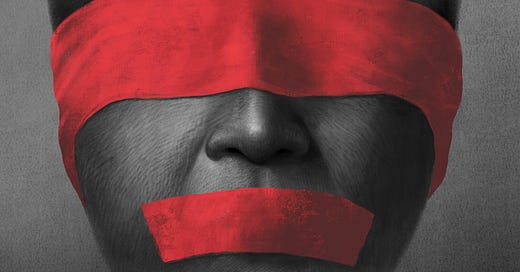



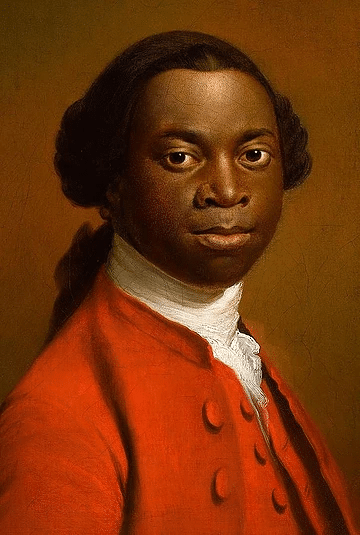
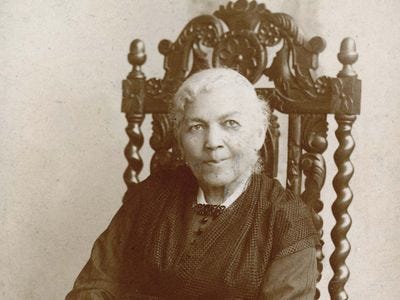
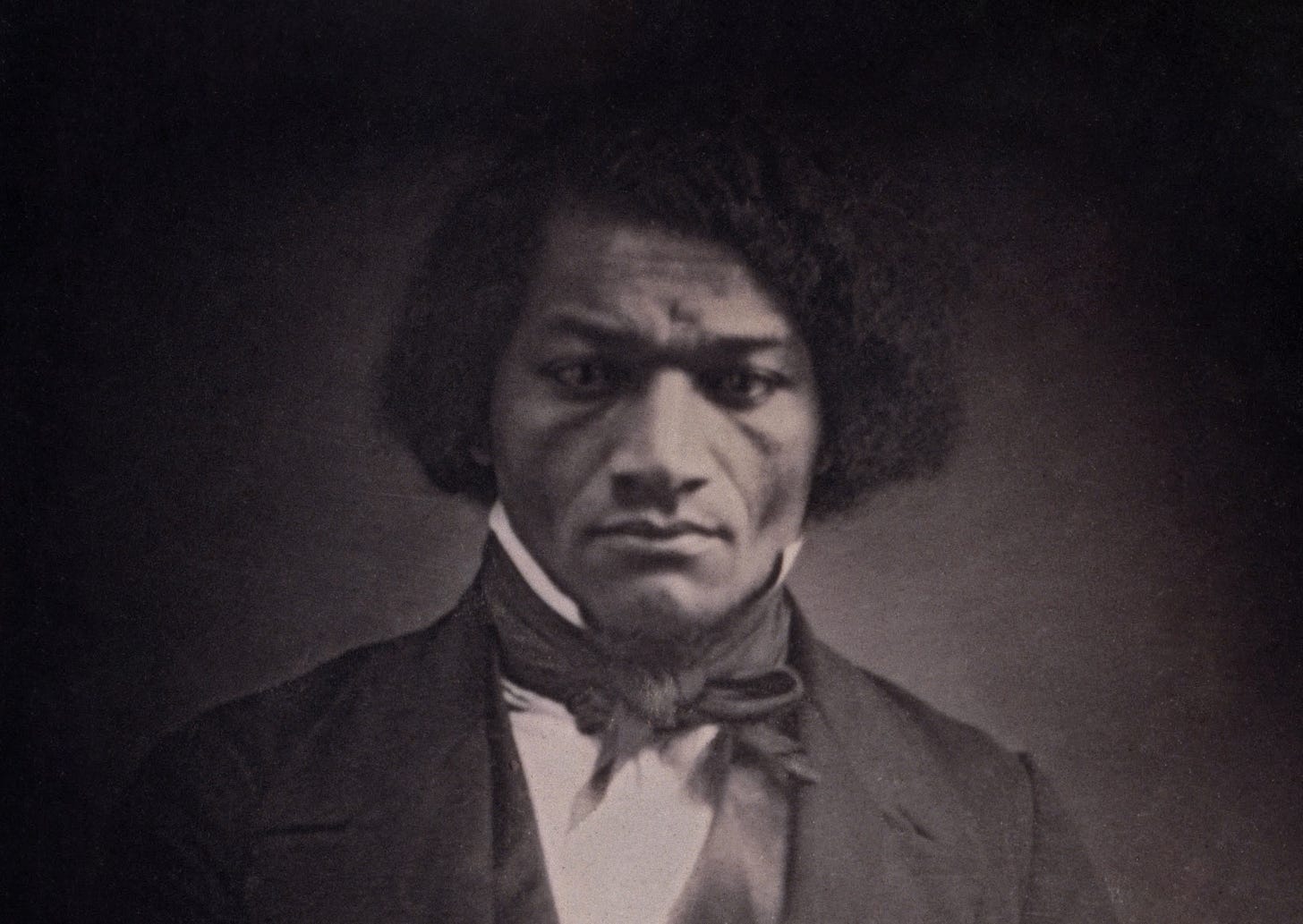
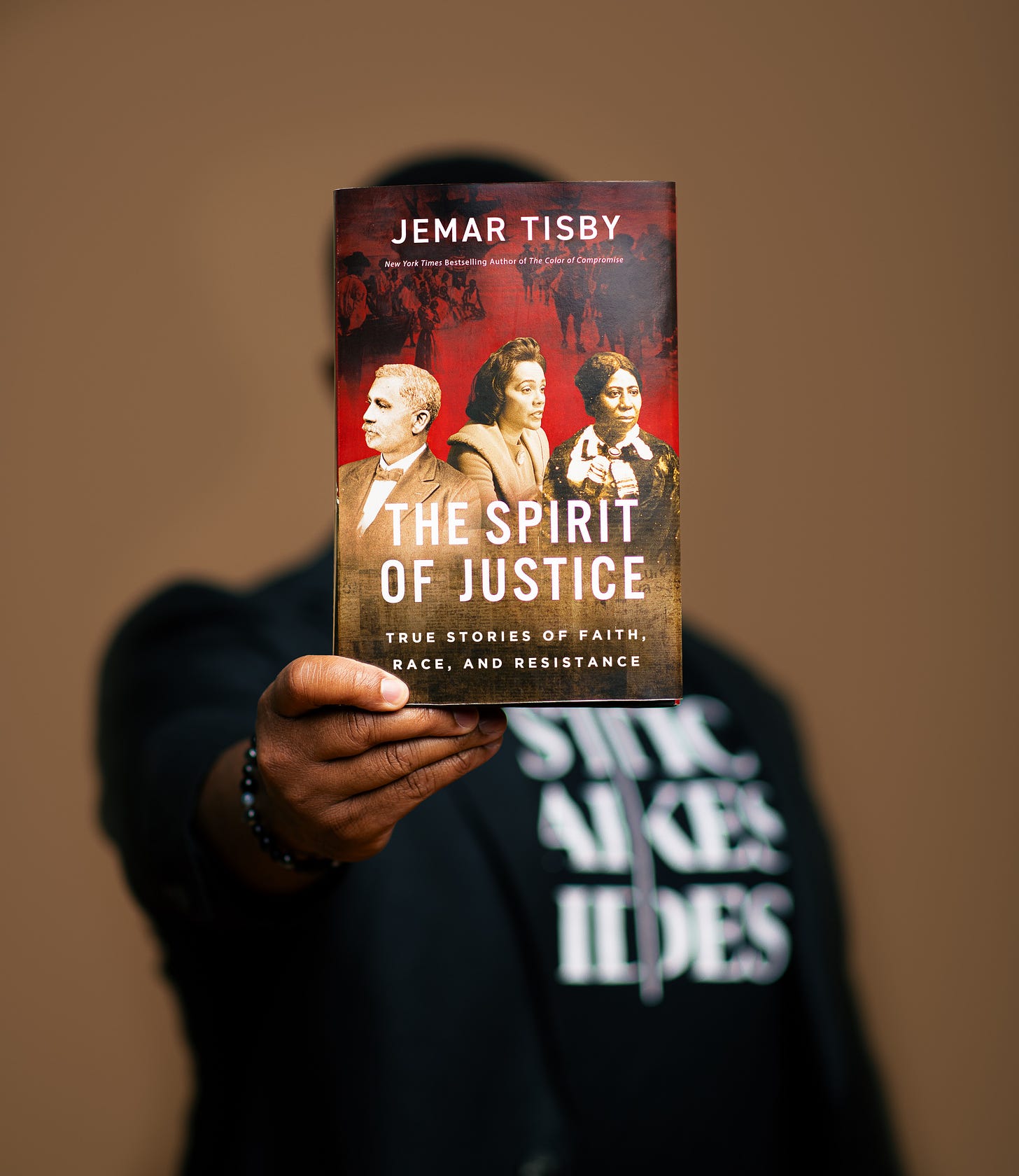
I think I was in 3rd or 4th grade when I read a book about Harriet Tubman. That book opened my young mind in a way that I have a difficult time describing. It sensitized me to the plights of slaves and women all at once. Most importantly it kept me keenly aware of social injustices and constantly curious as to what it is to “walk a mile in someone else’s shoes”. I guess that’s why Juneteenth is a double edged sword for me. I celebrate the end of slavery, but get damn MAD that people were robbed for years longer than should have been!!!!! And even more seething angry that slavery happened in the first place!!!!!
Man’s inhumanity to man. What an evil spirit grabbed hold in the institution of slavery. Who even treats animals like that. This is significant to the celebration of Juneteenth. Should not be forgotten. I will definitely read your new book